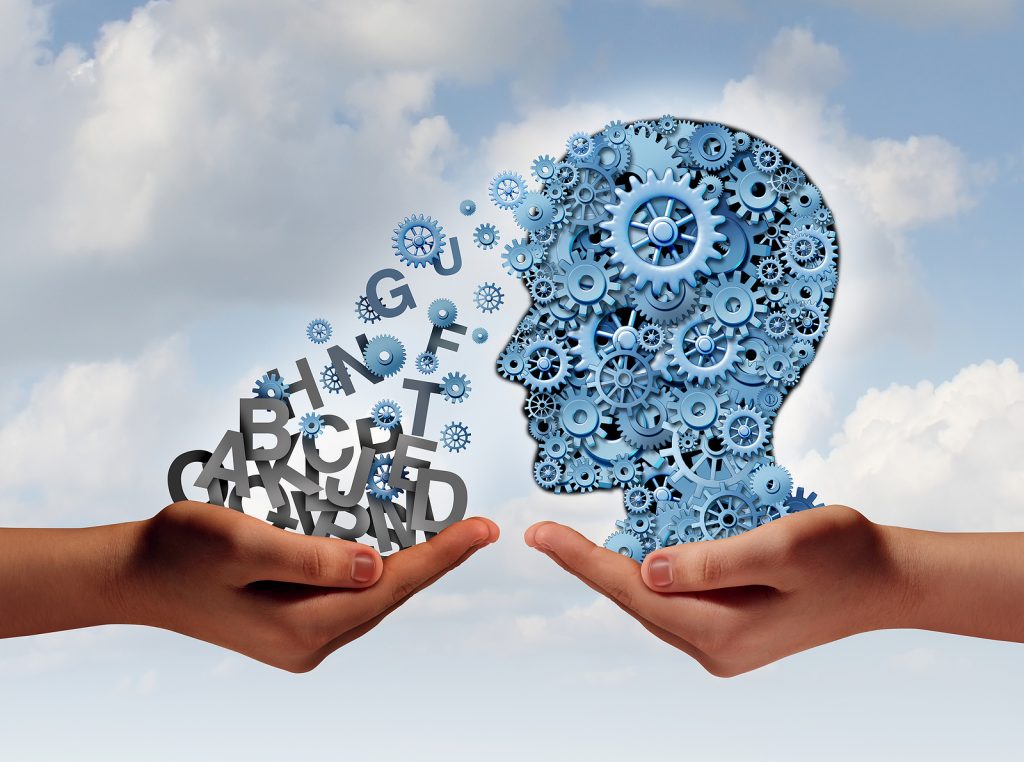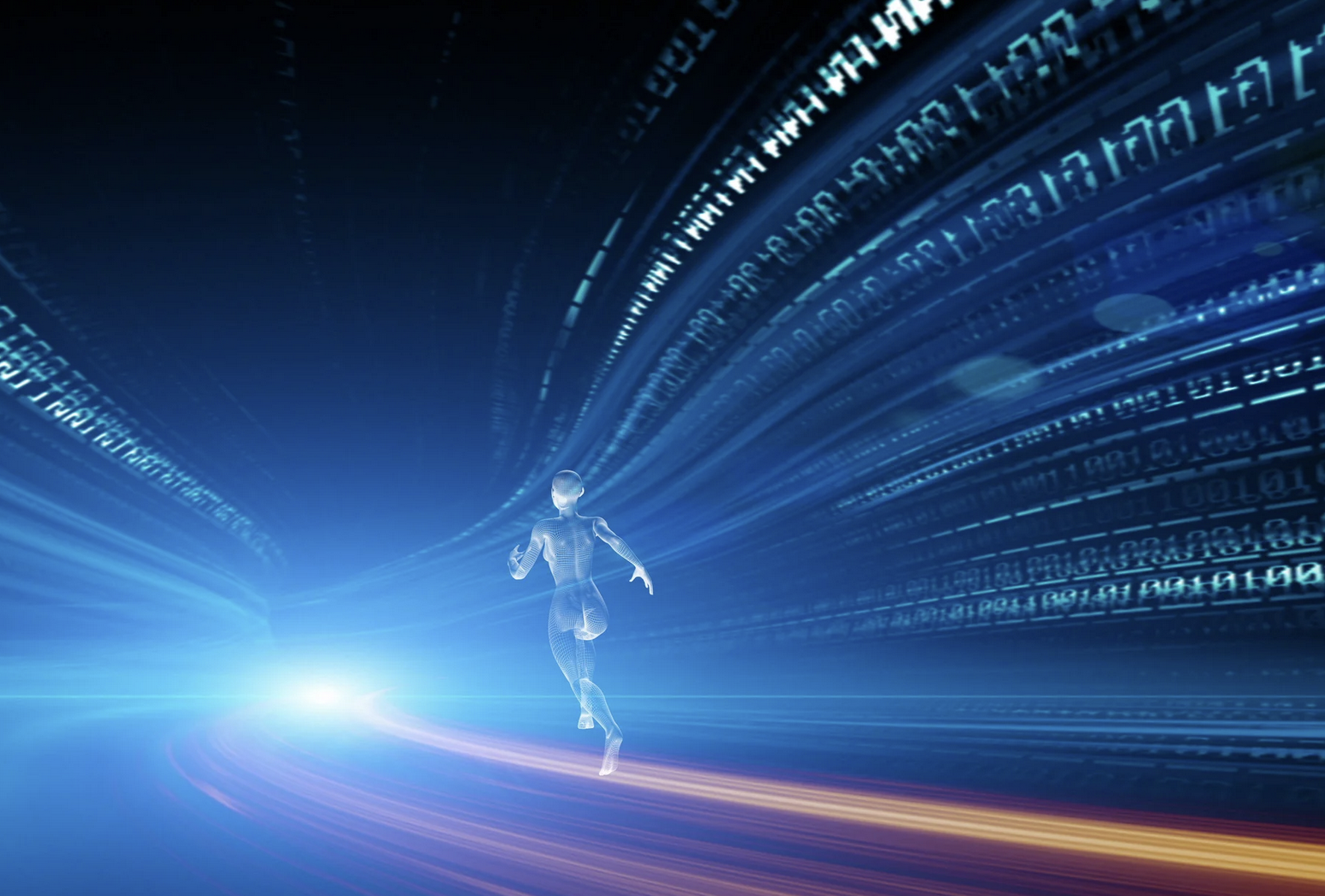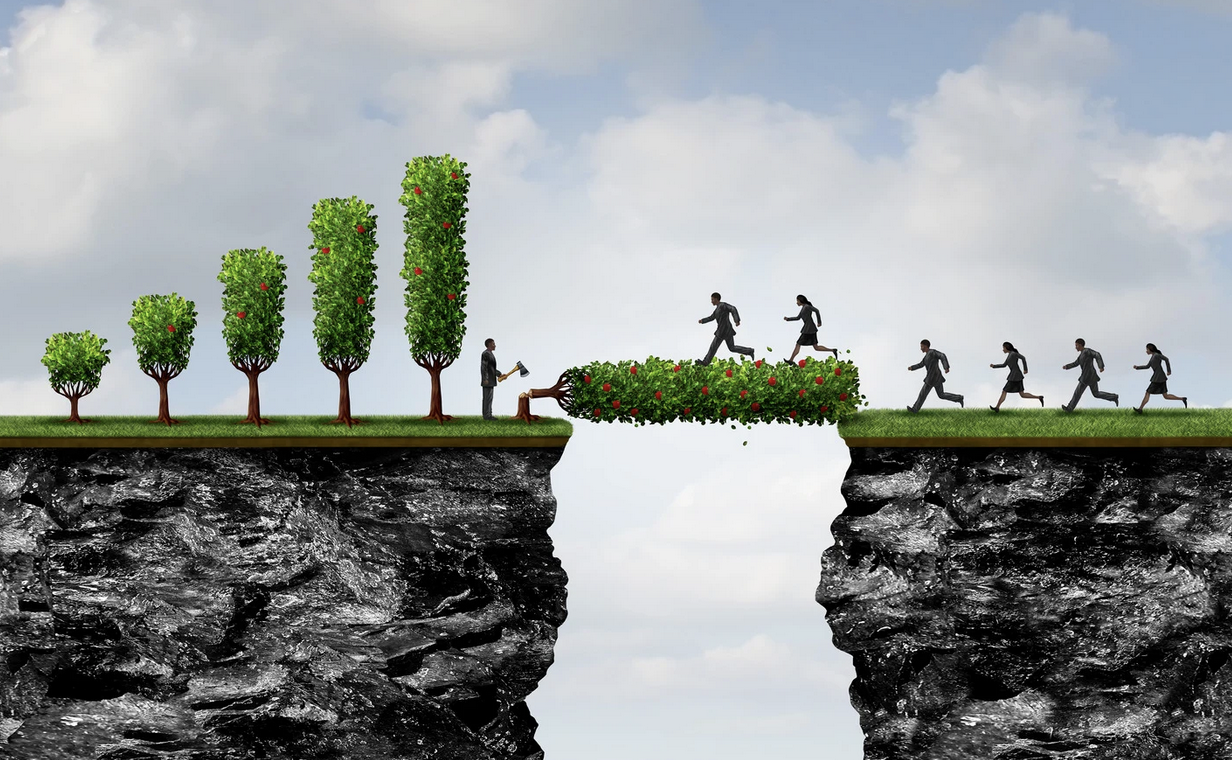
Artificial Intelligence (AI) has been transforming various industries, including sports coaching. AI-enabled coaching platforms are increasingly being used to help coaches and athletes achieve their goals. These platforms provide personalized training plans, track progress, and analyze performance data to identify areas of improvement. However, while AI has its benefits, it also has drawbacks. One of the significant drawbacks is the lack of creativity and adaptability that AI offers.
The Limitations of AI in Coaching
While AI offers coaches and athletes various benefits such as personalized training plans, analysis of performance data, and tracking progress, it is limited in its ability to provide creative and adaptable coaching. AI systems are programmed to analyze data and provide recommendations based on patterns, but they cannot think creatively or adapt to unique situations. Coaches, on the other hand, can use their creativity to design training programs that suit their athletes’ unique needs and adapt their coaching style to cater to different learning styles.
Creativity in Coaching
One of the key aspects of coaching is creativity. Coaches often use their creativity to design training programs that cater to their athletes’ unique needs. Coaches can identify areas of improvement in their athletes’ performance and design drills and exercises that can help them improve. While AI can analyze data and provide recommendations, it lacks the creativity to design unique training programs that cater to an athlete’s specific needs. Coaches can use their experience and knowledge to design training programs that are tailored to their athletes, while AI systems can only provide generic recommendations based on data.
Adaptability in Coaching
Another limitation of AI in coaching is adaptability. Coaches need to adapt their coaching style to cater to different learning styles and situations. While AI systems can analyze data and provide recommendations, they cannot adapt their coaching style to suit different situations. For example, if an athlete is struggling to learn a particular skill, a coach can change their coaching style to suit the athlete’s learning style. Coaches can also adapt their coaching style based on the athlete’s physical and emotional state. However, AI systems lack the ability to adapt to unique situations and cater to individual needs.
Importance of Human Interaction in Coaching
One of the significant drawbacks of using AI in coaching is the lack of human interaction. Coaching involves more than just providing personalized training plans and analyzing performance data. It also involves building a relationship between the coach and the athlete based on trust, motivation, and communication. Coaches can provide emotional support, feedback, and encouragement to their athletes, which are essential for their growth and development. While AI systems can provide recommendations based on data analysis, they cannot provide the emotional support and encouragement that human coaches offer.
Human interaction is essential in coaching, as it helps athletes feel more motivated and engaged in their training. Coaches can provide instant feedback, address any concerns or issues, and offer guidance and advice based on their experience and knowledge. This kind of interaction builds a relationship between the coach and the athlete, which is essential for the athlete’s success. While AI can provide recommendations based on data, it cannot build a relationship or offer emotional support, which are crucial in coaching.
Limitations of AI in Sports Psychology
Another significant drawback of using AI in coaching is its limitations in sports psychology. Sports psychology plays a vital role in coaching, as it helps athletes develop a winning mindset, manage their emotions, and cope with pressure. While AI systems can provide analysis of performance data, they cannot provide the emotional support, guidance, and advice that athletes need to manage their emotions and cope with pressure. Coaches, on the other hand, can use their experience and knowledge to help athletes develop the mental skills required to succeed in their sport.
Sports psychology involves building a relationship between the coach and the athlete based on trust and communication. Coaches can provide guidance and advice based on their experience and knowledge, which can help athletes manage their emotions and cope with pressure. Coaches can also help athletes develop a winning mindset by providing motivation and encouragement. While AI systems can provide recommendations based on data analysis, they cannot provide the emotional support and guidance that coaches offer in sports psychology. Therefore, coaches should use AI as a supplement to their coaching, rather than a replacement, to ensure that athletes receive the emotional support and guidance required to succeed in their sport.
Conclusion:
AI has transformed various industries, including sports coaching, by providing personalized training plans, analyzing performance data, and tracking progress. However, AI has its limitations, including the lack of creativity and adaptability. Coaches can use their experience and knowledge to design training programs that cater to their athletes’ unique needs and adapt their coaching style to suit different learning styles and situations. While AI can provide recommendations based on data analysis, it lacks the creativity and adaptability that human coaches offer. Therefore, AI should be used as a supplement to coaching, rather than a replacement.






